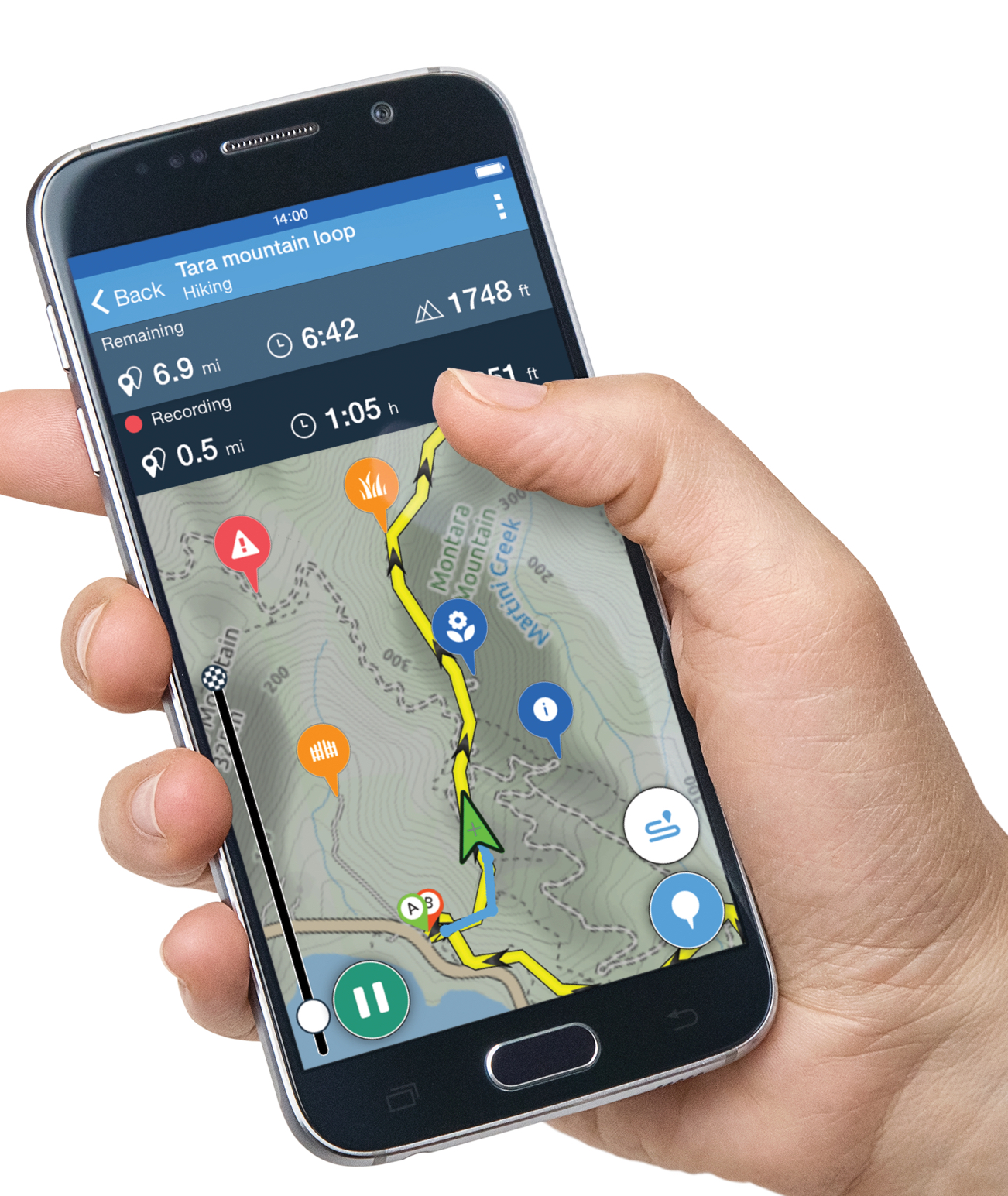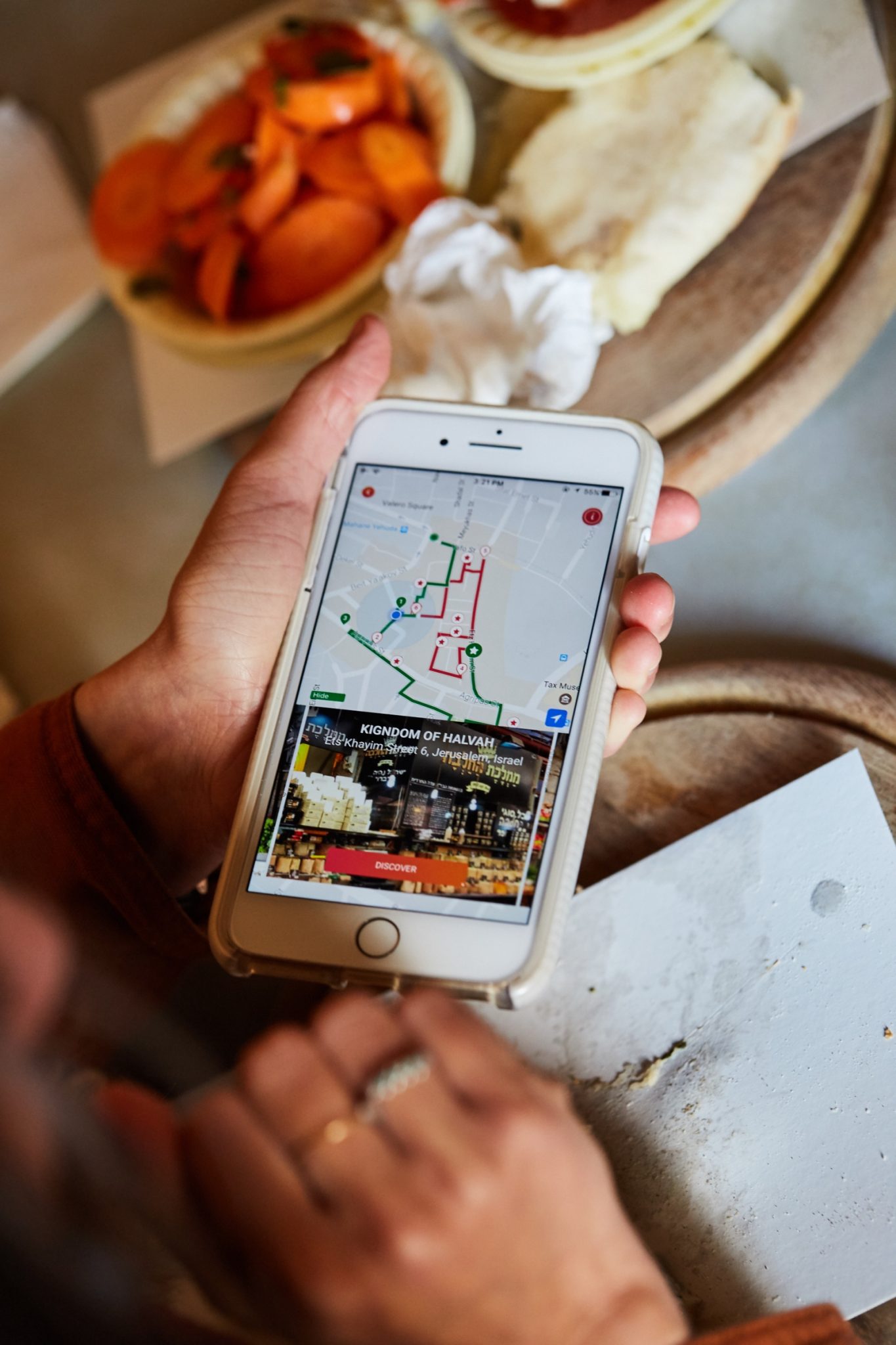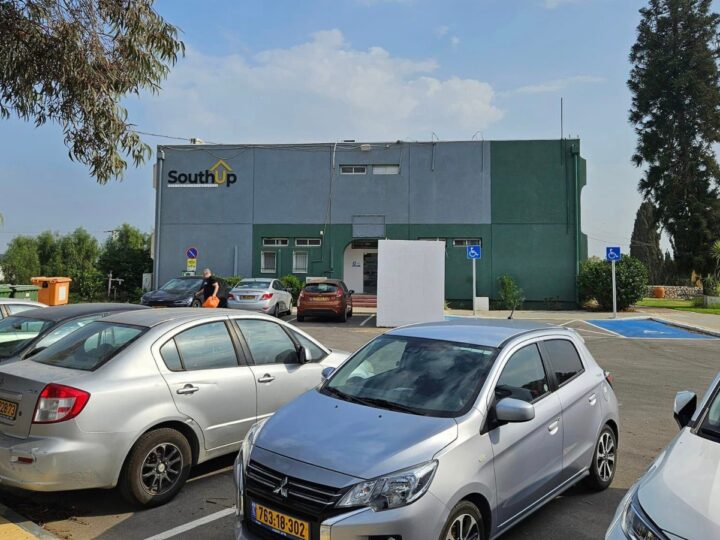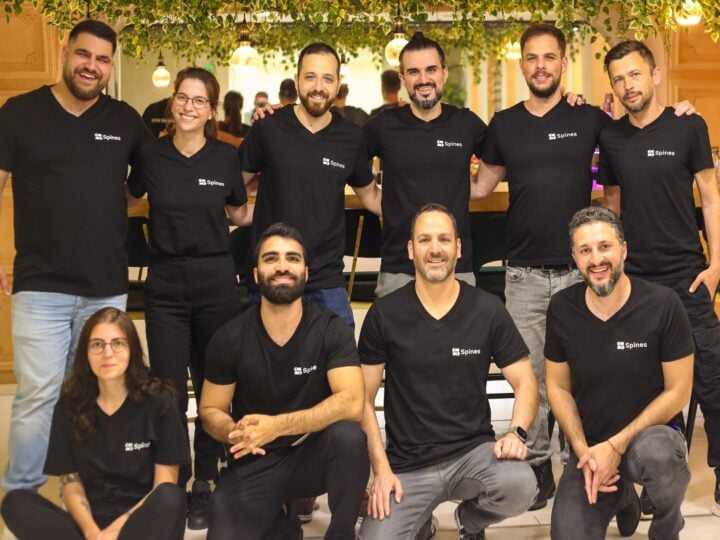Israelis love to travel. Whether it’s a post-army trek to South America or a family outing to the Alps, it sometimes seems there are more Israelis beyond the country’s borders than within. So it’s not surprising that travel technology from Israel is red hot right now – both websites and apps.
With close to 300 travel-related companies in the startup nation, it was hard for us to pick our top 10, but we did the heavy lifting and you get to sit back and go with the flow (of tourists) using these very cool products.
Tell us your favorite Israeli travel apps in the comments section below.
Planning an itinerary by swiping through menus in an app or clicking on a website is so 2012. Gooster gooses up the interaction through its free smart chatbot that works within Facebook Messenger. When you fire it up, Gooster asks you where you’re traveling and whether you want to learn more about cool cafés, tourist sites or the latest in-places to party. Gooster responds accordingly.
Gooster is location-specific and has a database of 50,000 tips and recommendations “from the useful to the off-the-beaten track,” CEO Ardon Wesley tells ISRAEL21c. Gooster is available now for Tel Aviv, Amsterdam and Berlin with four more cities coming in the next six months.
If Bitemojo is Waze for foodies, then Sidekix is Waze for walkers. When you want to get from point A to point B in your car, you usually want the fastest route. Not when you’re walking – then you may prefer the most scenic itinerary, one that passes by hip shopping, food, culture, nightlife and more. Enter your destination and the Sidekix app gives you a choice of walks. Users can also share their routes so others can follow in their footsteps.
Sidekix chief marketing officer Jenny Drezin told ISRAEL21c that locals are using Sidekix as “a tool for urban discovery.” Available in hundreds of cities, London, Paris and New York City have the largest user base, with Tel Aviv, Berlin and Los Angeles coming up strong. During the Tel Aviv “White Night” celebration, Sidekix highlighted the evening’s best parties and outdoor concerts.

EatWith is like Airbnb for meals. You use the app or website to book a place at a dinner party cooked by local chefs in their homes. It’s a whole lot more social than eating alone in a restaurant. There’s a Tinder aspect to EatWith: Hungry travelers contact a host, but the host chooses the guest based on his or her EatWith profile.
Prices range from $25-$50 per person. EatWith started in Tel Aviv but has expanded to 200 cities across Europe and the US with 650 participating hosts. EatWith is not just for travelers; locals are discovering EatWith as they look for a unique outing or an opportunity to meet their neighbors. EatWith says 11,000 diners have been hosted in 50 countries so far.

If you’ve ever been out hiking or biking and arrived at a junction where you weren’t sure which way to turn, you’ve probably wished there were a Waze for the great outdoors. That’s Israeli app Trailze’s mission.
Trailze combines the power of GPS mapping with what the company calls “the world’s largest database of trails, locations and outdoor information,” created automatically in part by the 120,000 people who have downloaded the app (another way Trailze is like Waze). Choose the level of difficulty you’re seeking and Trailze will pick a route for you.
Another Waze-y feature allows users to report events along the way – whether that’s a mudslide or an undiscovered swimming hole. There are 5,000 trails currently on Trailze, most in Israel, with a few hundred more available in Germany, the United Kingdom and the United States. Trailze users have walked or biked a million miles.
Sometimes it’s not walking you want but a little Disney fun. But with so many theme parks around the world, how do you know which one to choose? And once you get there, which rides are the most appropriate for your family? Which have the shortest lines? Israeli website ThemeGo gives you the lowdown through user-generated reviews and rankings.
Yes, you could get the same on TripAdvisor, but ThemeGo is faster and more targeted. There are sections for attractions, events, restaurants and hotels. Not surprisingly, Disney parks hold six of the top slots in the ThemeGo top 10. You can bookmark attractions to create your own mobile route using Google Maps. Founder Yariv Padva built ThemeGo from his personal passion. “I’m a huge theme park fan and have visited more than 30 theme parks around the world,” he says.
Guiderr is one of two Israeli startups on our list that promises to plan a custom trip for its users. Guiderr’s niche is families. The company uses its network of travel agents and tour guides to piece together a personalized trip for families that even includes meetings with local families.
Start by picking an itinerary for your chosen destination (Israel, New York and Japan are currently on offer), then modify it according to your dates and specific needs. Each itinerary lists the guide who’s developed the plan and a chat button that encourages interested travelers to ask questions before booking. For tour guides, Guiderr has built its own online platform on which tour guides can manage their business, from query to reservation.
RoutePerfect offers a slightly different spin on the customized itinerary website. Unlike Voyjer, which uses local guides to map out your travel plan, RoutePerfect does it automatically through a single-click, single point-of-purchase package.
You enter where you want to start and end your trip, what type of vacation you’re looking for, how many days you’re traveling for, and whether your budget is economy, moderate or luxury. RoutePerfect then suggests which cities you should visit, where you should stay and how you should get around. If all that choice is overwhelming, there are ready-made itineraries to choose from. RoutePerfect covers European destinations only.

Gastronomic tourists have a new reason to rejoice: Israeli app Bitemojo provides guided food tours in Jerusalem, Tel Aviv, Berlin, Rome and Barcelona. Bitemojo is not just a travel guide; you actually book a tour that includes small tastes at six different restaurants along a pre-set itinerary.
In Jerusalem, for example, you can tour the Machane Yehuda market area or the Old City. There are even some vegan tours in Tel Aviv. You pay at the restaurant using a BiteMojo e-voucher. Tours cost $25-$50 per person on average. The app helps eliminate foodie FOMO (the fear that you’re missing out on the best restaurants in town).
“Everyone wants to eat what the locals are eating,” says Bitemojo CEO Michael Weiss, who also founded the culinary tourism company Yalla Basta. Bitemojo plans to add a few more European cities in 2017.
SeeVoov is more of a technology company than a customer-facing travel business – although it’s that too. SeeVoov (a transliteration of the Hebrew for “round”) calls itself a “high definition trip planning platform” – a fancy way of saying the site crawls YouTube and puts together videos for your requested destination.
Choose Croatia and SeeVoov will find all the travel videos about the country and play them one after another. The secret sauce is machine learning that automatically tags videos based on image analysis. This makes SeeVoov highly scalable – the company can keep adding cities without adding staff. The site is still in beta and it’s not clear yet how SeeVoov intends to make money, but it’s a compelling concept that had us clicking and watching for longer than we should have!
If there’s one thing an Israeli cannot bear to be called, it’s freier – Hebrew for “sucker.” But that’s exactly what happens to many travelers when they book their hotel rooms. According to hotel reservation site RoomsNinja, hotel room prices change an average of 18 times between when you make your reservation and when you check in. Prices can drop up to 60 percent.
“Many times booking a room feels more like gambling,” RoomsNinja CEO Omry Litvak tells ISRAEL21c. The RoomsNinja algorithmic ninja watches your reservation and rebooks for you (with your permission) when the price drops low enough. Litvak said the company based its technology on Wall Street. “A stock option has an expiry date. A hotel room does too – it’s the last day of free cancellation,” he says. RoomsNinja covers some 40,000 hotels around the world.

















